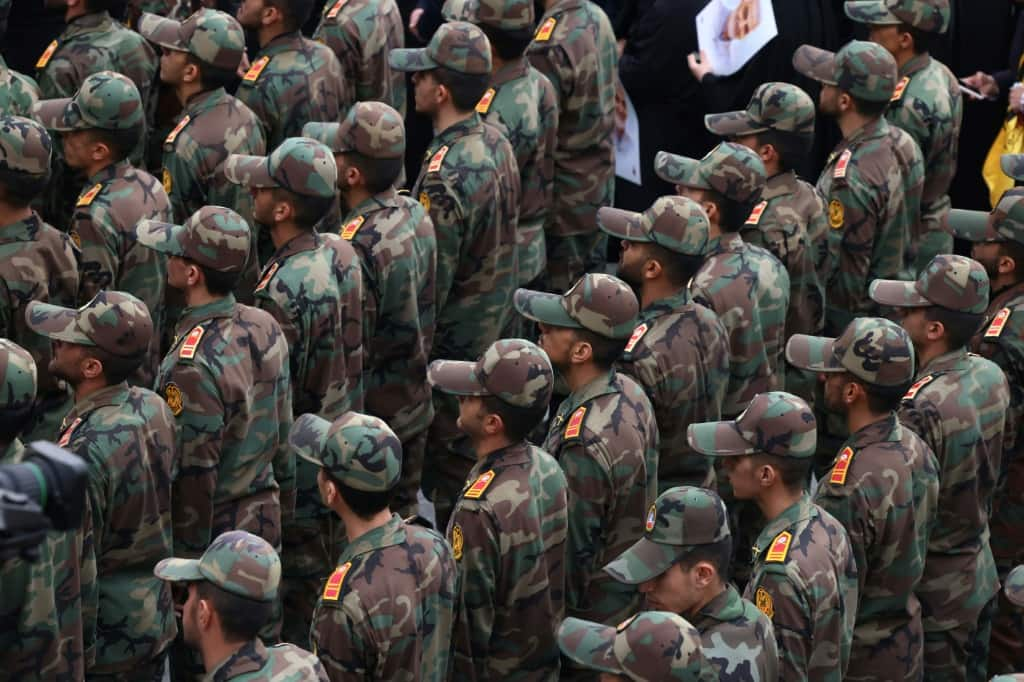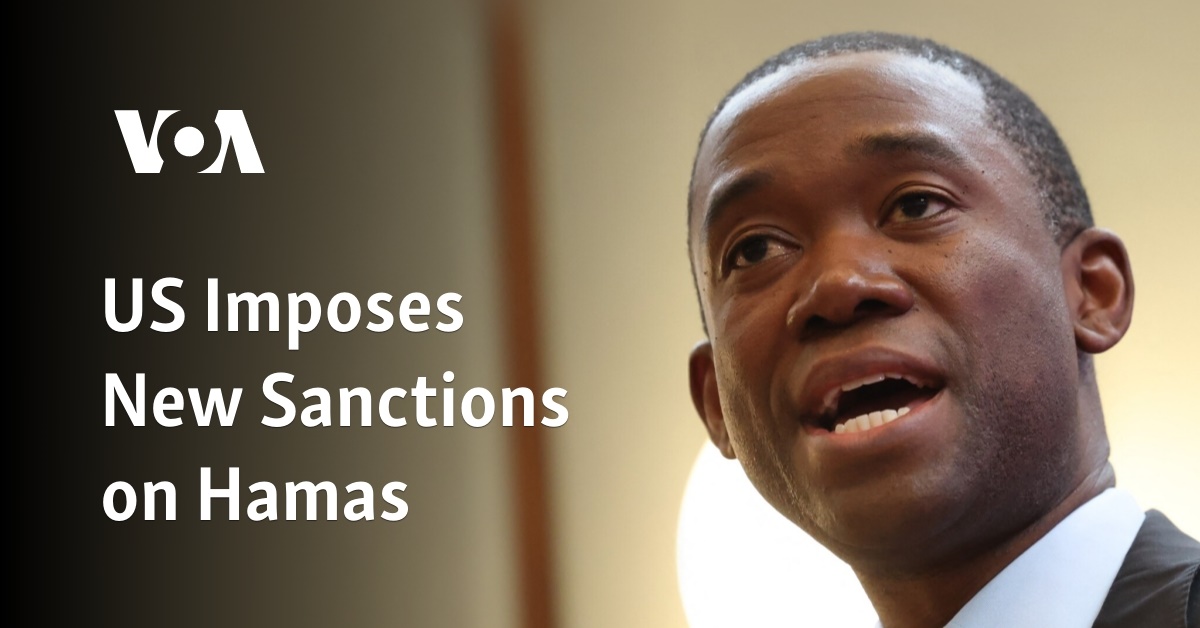










The recent conflict between Israel and Hamas has prompted a US Treasury official to visit Lebanon and press authorities to prevent funds from being funneled to Hamas through the country. Jesse Baker, the deputy assistant secretary of the Treasury for Asia and the Middle East, met with Lebanese officials in Beirut to discuss concerns about the movement of Hamas funds through Lebanon. Baker emphasized the importance of Lebanon's compliance with global anti-money laundering and counterterrorism financing standards to attract investment and address the country's economic crisis. He also highlighted the issue of illicit financial services thriving in Lebanon's economic collapse and called for a crackdown on unauthorized money exchanges and unregistered money transfer businesses [20021bfa].
The United States has been taking various steps to disrupt Hamas funding and dismantle networks that support the group. The US Department of the Treasury's Office of Foreign Assets Control has imposed sanctions on key Hamas-linked officials and financial networks, targeting their investment portfolios and individuals who have facilitated the evasion of previous sanctions. The US government is also increasing efforts to cut off Hamas' access to the international financial system and other revenue streams. The Treasury Department has blacklisted individuals and companies involved in managing Hamas' assets and transferring funds to the group's military wing. Additionally, the US government is offering a reward of up to $10 million for information leading to the identification or disruption of the financial mechanisms of five Hamas financiers. These measures reflect a commitment to countering Iran's support for terrorism and dismantling networks that fund Hamas [924ed881] [52106b3c] [dbd6e9cd] [d7a9c441] [e52d8775].
In a separate development, Standard Chartered, one of the UK’s largest banks, has been accused of carrying out billions of dollars of transactions for funders of terrorist groups such as Hamas and al-Qaeda from 2008 to 2013 in breach of sanctions against Iran. An independent expert has identified $9.6 billion of foreign exchange transactions with individuals and companies designated by the US government as funding “terror groups”, including Hezbollah, Hamas, al-Qaeda, and the Taliban. The bank had avoided prosecution for money laundering by the US Department of Justice in 2012 when Lord Cameron’s government intervened on its behalf. These allegations highlight the ongoing efforts to disrupt funding for extremist activities and the need for increased scrutiny of financial institutions [9aa4cbce] [e79834e6].
Investigative journalist Jordan Schachtel will present a proposal at Mastercard’s annual shareholder meeting to bring attention to the company’s partnerships with and contributions to ostensible human rights organizations that propagandize for and collaborate with Hamas and other terror groups in Gaza. The proposal requests that Mastercard conduct an evaluation and prepare a report analyzing the congruency of the company’s charitable contributions and voluntary partnerships with its Human Rights Statement. Mastercard has been accused of maintaining alliances with Hamas-supporting organizations such as UNRWA, UNICEF, Red Cross, Islamic Relief, Amnesty International, Save the Children, WHO, WFP, Care, Elevate, International Rescue Committee, and Mercy Corps. The National Center for Public Policy Research, a non-partisan conservative think-tank, is behind the proposal. The proposal questions how such partnerships align with Mastercard’s own Human Rights Statement and calls for an end to partnerships with Hamas-sympathizing organizations. The proposal also raises concerns about the use of Mastercard services by terrorist groups and the assistance provided by NGO partners to terrorists in Gaza. The proposal will be presented by Jordan Schachtel, an investigative journalist and foreign policy analyst, at the shareholder meeting [456cc624].
The conflict between Israel and Hamas has also brought attention to the boycott, divestment, and sanctions (BDS) movement. BDS is a global nonviolent protest movement that uses economic and cultural boycotts, financial divestment, and government sanctions to pressure Israel to abide by international law and end its controversial policies. The movement calls for boycotts of Israeli goods and companies, abstaining from Israeli cultural institutions, and divestment from Israeli companies. It also advocates for sanctions against Israel, including an embargo on weapons and military aid. However, BDS has faced criticism for allegedly calling for the destruction of a Jewish state and holding Jewish people to a higher standard. The Israeli government has attempted to crack down on BDS efforts, passing laws banning participation in boycott or divestment actions against Israel. Amid the conflict, activists are calling for a ceasefire and more Americans are questioning their government's role in Palestinian oppression [e24bbfaf].
Lawyers in the US have filed a lawsuit against the governments of Iran, Syria, and North Korea for their part in funding and arming Hamas' October 7th attack on Israel. The Anti-Defamation League (ADL) and law firm Crowell & Moring are demanding $4 billion in compensatory and punitive damages for more than 125 American survivors of the attack. The lawsuit alleges that Iran, Syria, and North Korea provided financial, military, and strategic support to Hamas before the attack. The US government states that Hamas receives hundreds of millions of dollars each year from Iran, more than 90% of its total operating budget. The lawsuit is expected to last up to two years and the plaintiffs are likely to seek compensation from the US Victims of State Sponsored Terrorism (USVSST) Fund [a14f1619].